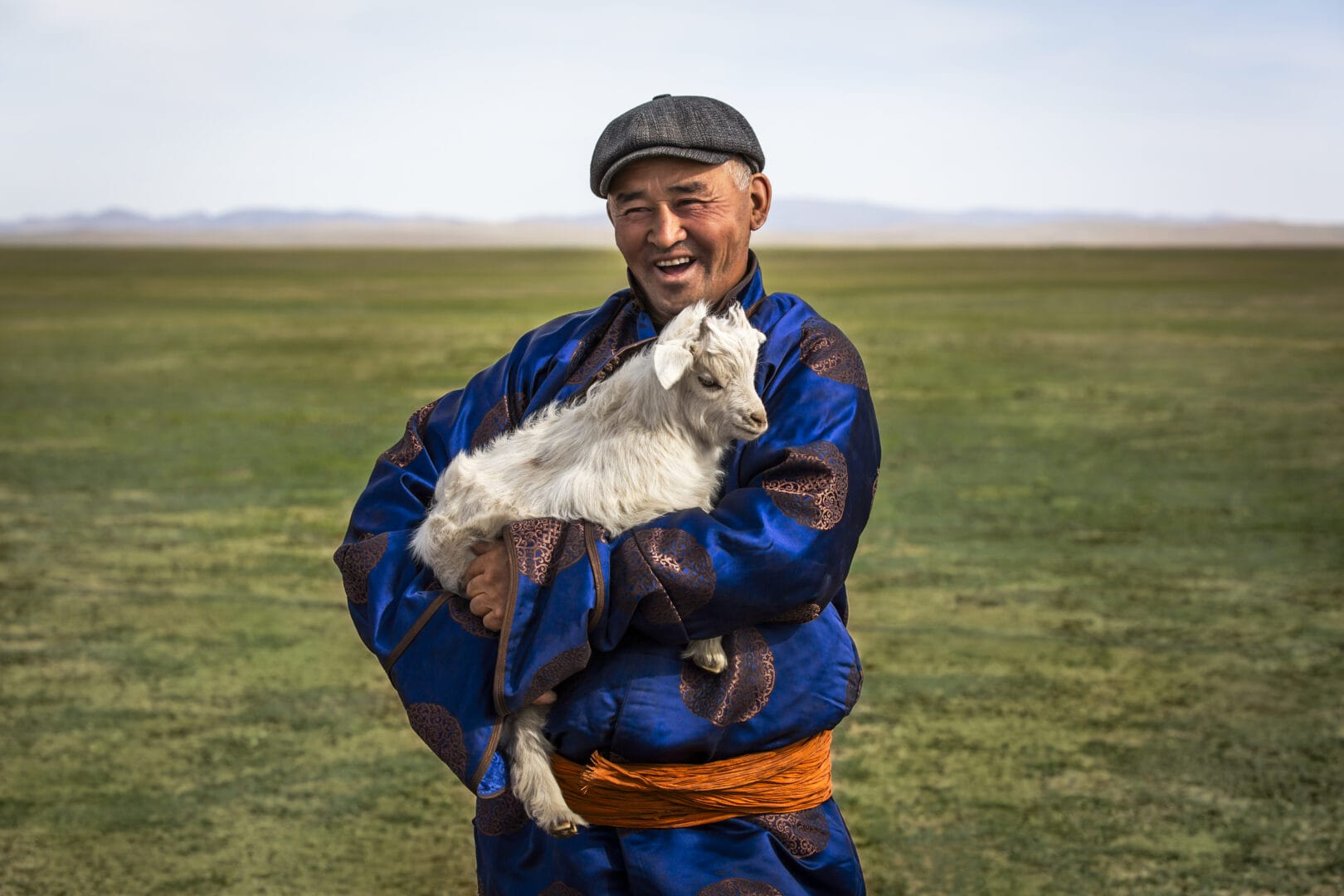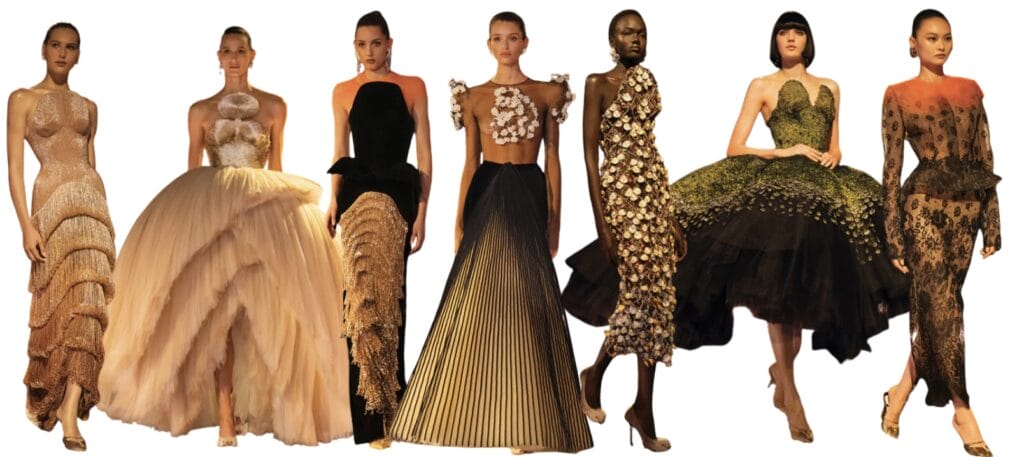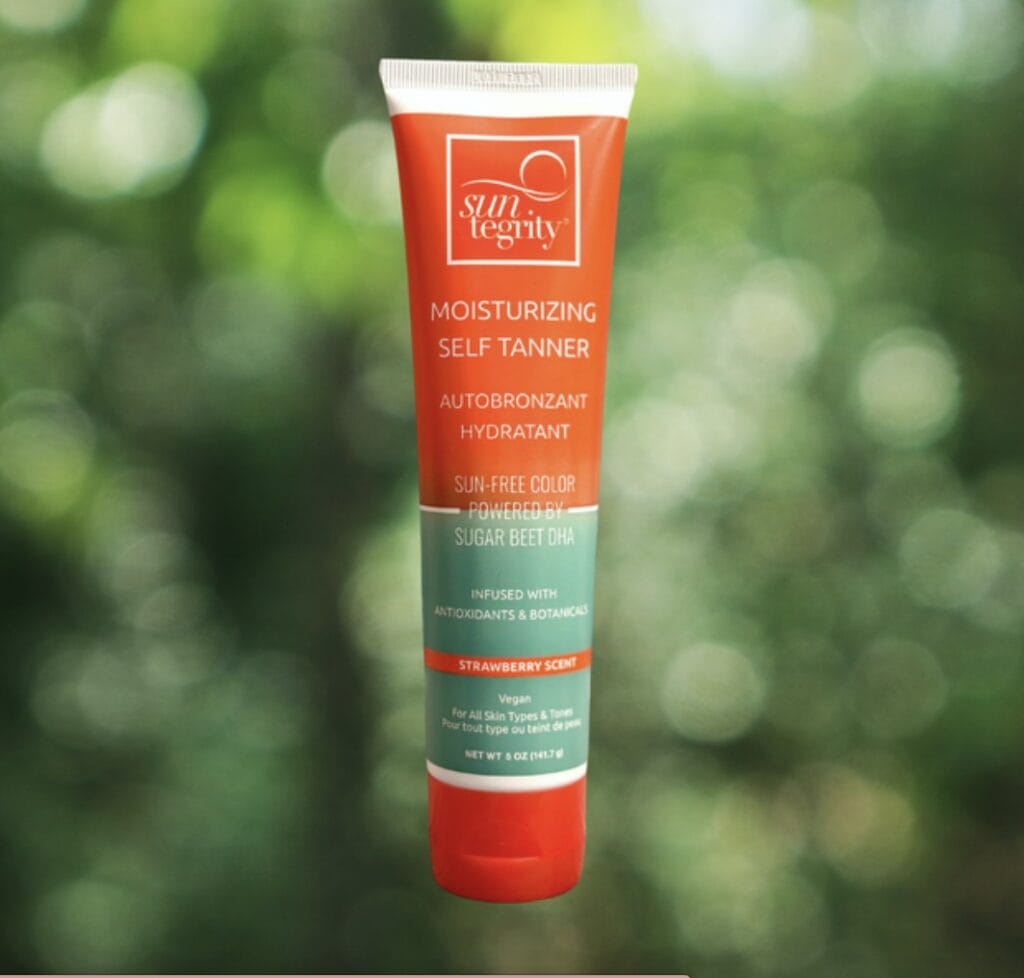Loro Piana: Elegance woven with purpose.
For over four decades, Loro Piana has sought the finest Mongolian cashmere, forging deep connections with herders and cooperatives who carry forward a centuries-old tradition. Now, the Maison is strengthening its commitment through Resilient Threads, a visionary five-year program designed to empower Mongolia’s cashmere herding communities, support supply chain resilience, and preserve the fragile biodiversity of the Eastern Steppe Region, one of the last remaining intact grassland ecosystems in the world.

A Response to Climate Challenges
Mongolia’s steppes face mounting environmental pressures, including the Dzud, a devastating extreme winter that prevents grazing and threatens both livestock and human livelihoods. To address these urgent challenges, Loro Piana’s program will provide support to herding communities across five soums in Mongolia’s Sukhbaatar Province, bringing sustainable solutions that safeguard the land and people who depend on it.


Strengthening Livelihoods and Ecosystems
The advancements in sustainability within the apparel industry have reached a pivotal moment where technological innovation, circular economy principles, and ethical sourcing are reshaping the landscape. No longer confined to mere corporate social responsibility rhetoric, sustainability has become an intrinsic factor in brand valuation, consumer trust, and long-term business viability. Breakthroughs in bio-based textiles, regenerative farming practices, and closed-loop recycling systems illustrate how material innovation is converging with environmental stewardship to redefine menswear. As both a Professor at FIT and the founder of POTRO, the premier Latinx menswear brand in the United States, I have observed a decisive shift in how industry leaders are integrating sustainability into core operations rather than treating it as an auxiliary concern. The intersection of fashion and science is forging a path toward a more responsible industry—one that acknowledges its ecological footprint while proactively mitigating its impact.
While progress is evident, the apparel sector continues to grapple with formidable challenges that impede widespread sustainability adoption. The complexity of global supply chains, economic pressures in emerging markets, and the persistent reliance on synthetic fibers contribute to sustainability setbacks. The volatility of raw material sourcing—particularly in regions vulnerable to climate change—complicates efforts to establish resilient and responsible production networks. Additionally, consumer behavior presents a dichotomy: despite the growing demand for sustainable fashion, fast fashion’s allure remains a dominant force, undermining the industry’s commitment to longevity and ethical consumption. The challenge lies in incentivizing companies to prioritize sustainability without compromising competitiveness or accessibility, requiring a nuanced balance between innovation and pragmatism. At FIT, my students and I analyze these structural constraints to identify scalable solutions that encourage systemic change without diminishing the artistry and craftsmanship of menswear.
Despite these obstacles, I firmly believe that the apparel industry can persevere through a strategic amalgamation of education, policy reform, and technological advancements. As thought leaders, academics, and entrepreneurs, we must advocate for interdisciplinary collaboration between fashion designers, textile engineers, and environmental scientists to accelerate sustainable innovation. Legislation and industry-wide accountability measures must complement voluntary sustainability initiatives to ensure that responsible practices extend beyond niche markets. Equally critical is the role of consumer education—informing audiences about ethical sourcing, responsible production, and the long-term benefits of investing in quality over quantity. Sustainability must transition from being a marketing differentiator to an industry-wide imperative, woven into the very fabric of business models. FIT’s commitment to sustainability education equips students with the analytical tools and foresight necessary to lead this transformation within the menswear sector.
At FIT, students are immersed in real-time research and development, dissecting emerging trends in sustainability from biodegradable textiles to AI-driven efficiency modeling. As the founder and President of POTRO, I recognize the significance of applying these academic insights to the real-world marketplace, ensuring that sustainability is not merely conceptual but actionable. The evolving methodologies surrounding carbon-neutral production, water conservation, and regenerative design have reshaped what it means to craft luxury menswear responsibly. Through FIT’s ecosystem of innovation and POTRO’s dedication to craftsmanship, we are fostering a new era of menswear where sustainability is synonymous with sophistication. The future of fashion will not only be defined by aesthetics but by its ability to harmonize design with environmental consciousness, an evolution that is already underway.


Built through two years of collaboration with local herders, cooperatives, and partners—including the United Nations Convention to Combat Desertification (UNCCD), Sustainable Fibre Alliance (SFA), and Odyssey Conservation Trust (OCT)—the initiative will integrate economic, environmental, and health solutions.
Key Highlights of Resilient Threads:
- Supply Chain Support: Investing in sustainable cashmere sourcing while ensuring cooperatives have the tools and training to thrive.
- One Health Hub: Delivering preventative healthcare, vaccination campaigns, and education via mobile units to reach remote herding regions.
- Biodiversity Center and Seed Bank: Protecting critical plant species that combat soil erosion, mitigate climate change, and sustain animals and humans alike.
A Holistic Approach to Sustainability
Guided by the One Health philosophy, which sees the health of people, animals, and the environment as deeply connected, Resilient Threads aligns with both Mongolia’s climate and biodiversity objectives and LVMH Group’s LIFE 360 strategy, committed to restoring five million hectares of natural habitats by 2030.
For Loro Piana, sourcing the world’s finest raw materials isn’t just about luxury—it’s about responsibility, stewardship, and lasting partnerships. With Resilient Threads, the Maison continues its legacy of excellence while ensuring the future of Mongolia’s cashmere, herders, and landscapes for generations to come.
Save Article







